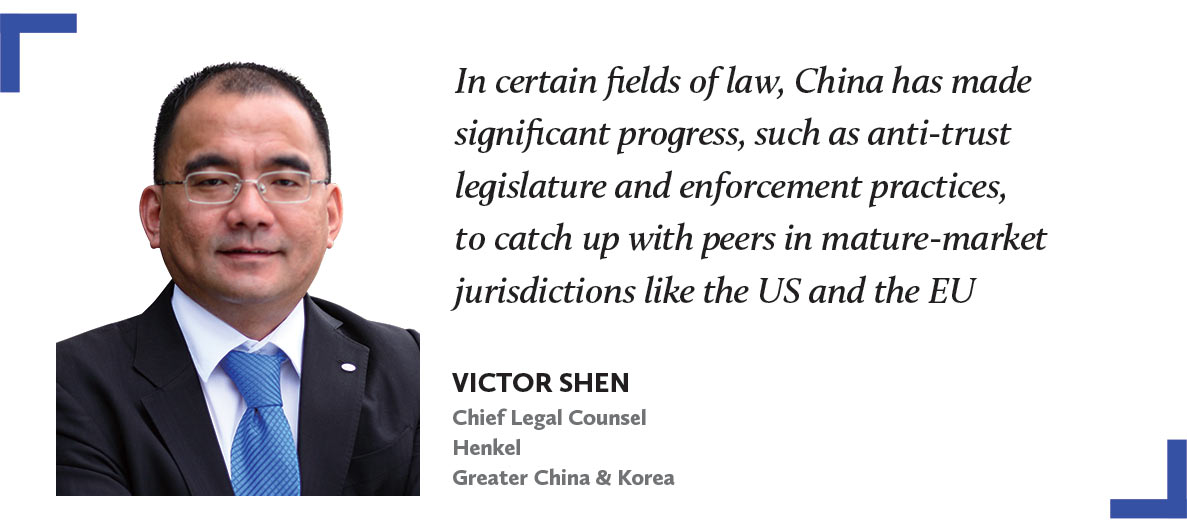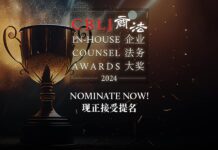Open-mindedness, resilience and leadership have increasingly become necessary qualities for corporate counsel in this turbulent age, writes Victor Shen
Having first appearing as a newly coined word, VUCA (volatility, uncertainty, complexity and ambiguity) has gained popularity in depicting the world’s overall economic and political situation since the respective Brexit referendum and the US presidential election in 2016. Mirroring the ongoing economic and political situation, the regulatory landscape, which corporations have had to navigate constantly, turned to be more populistic and deviated radically from the previous track of globalization, i.e., deglobalization.
All such new features are reflected not only in a series of US policy shifts, such as the more vigorous enforcement practices and contemplated expansions of scope and power of its Committee on Foreign Investment in the US (CFIUS), its renegotiations with Canada and Mexico regarding the North American Free Trade Agreement (NAFTA), the tariff sticks Washington frequently wields against its trade partners, but also in the EU’s ongoing about-face policy adjustments towards foreign investments in its region of responsibility, more strict antitrust enforcements against tech giants like Google, Amazon and Facebook, among others, aiming to keep the EU at a distance from the sweeping powers of US tech unicorns, as well as the profound regulatory changes with respect to data protection, tax schemes, labour laws across China, South Korea, Japan, Australia and other major economies throughout the world.
To keep things in perspective, we can compare the regulatory changes that have occurred with how the global economy, especially the multi-national companies (MNCs), has been developing in the past. It is ironic to see that, though regulatory changes are featured with populism and deglobalization, MNCs have continuously and firmly been rolling out globalization schemes, such as the mushrooming share-service centres across the borders, the proactive M&A practices in emerging markets, the windfall of restructuring projects across the regions and countries. It is worth noting that all such globalization efforts have been significantly enhanced in some cases in a disruptive manner, with the digitalization edges, such as artificial intelligence (AI) and big data. All these aspects not only imply that the deglobalization attempts of various politicians may probably fail, despite their origins, but they also indicate a new Globalization 2.0 (assuming the post-World-War-II era with its US-led international order constituted Globalization 1.0), with distinct features, scale and depth, may loom on the surface.
You must be a
subscribersubscribersubscribersubscriber
to read this content, please
subscribesubscribesubscribesubscribe
today.
For group subscribers, please click here to access.
Interested in group subscription? Please contact us.
你需要登录去解锁本文内容。欢迎注册账号。如果想阅读月刊所有文章,欢迎成为我们的订阅会员成为我们的订阅会员。
Victor Shen is chief legal counsel at Henkel Greater China & Korea.
(This article represents the author’s personal opinions and observations solely and in no circumstances shall this article be treated either as legal advice or representation of the company where the author is hired. For any comments or questions, please feel free to contact the author at either victor.shen@henkel.com or call +86 21 2891 8140)






















